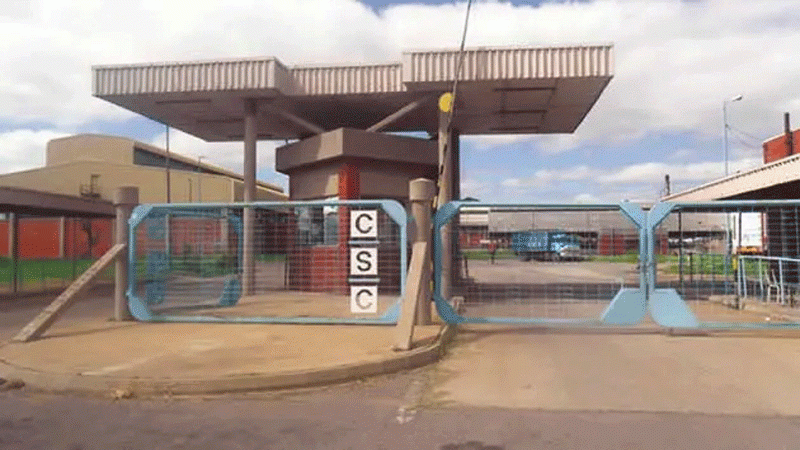
THE public tender system has been taken over by cartels of government suppliers, who have diverted substantial funds into the pockets of individuals controlling lucrative State contracts, according to a Zimbabwe National Chamber of Commerce (ZNCC) survey.
This is facilitated by strategically placed officials enabling corrupt deals, the survey revealed.
The survey, conducted in December among the chamber’s 1 600 members and stakeholders, including government entities, revealed that corruption — ranging from tax evasion and bribery during licencing processes to sleaze at border posts — is costing the Treasury an estimated US$1,5 billion annually.
ZNCC’s 56-page report, titled 2024 Annual State of Industry and Commerce Survey, offers rare insights into the systemic corruption and mismanagement undermining Zimbabwe’s economy.
Nearly 1 800 executives from major corporations participated in the survey, with 81% urging authorities to prioritise anti-corruption measures to restore investor confidence.
This week, Christopher Mugaga, chief executive officer at ZNCC said the US$1,5 billion estimate could be an understatement.
“Corruption is rife in this country,” Mugaga told the Zimbabwe Independent.
“Tax evasion and tax avoidance, for instance, are spreading. (While tax avoidance may not be corruption) at law, we say at what levels can we be worried about it. We have been worried for years.”
- Power crisis hits Proplastics factory
- ‘No easy road to recovery for Zim’
- Women urged to take advantage of Women’s Bank
- Half of Zim youths loafing: ZimStat
Keep Reading
It is the latest of several reports to caution government against the impact of prolonged economic malaise triggered by factors, including foreign currency and power shortages, a rioting exchange rate and governance deterioration.
“ZNCC estimates that the fiscus is prejudiced between US$1,2 billion and US$1,5 billion in lost financial resources due to corruption, either through tender inflation, tax evasion, or outright inefficient use of tax resources,” the survey report stated.
“Furthermore, we estimate that financial leakages at Zimbabwe’s ports of entry amount to between US$1,8 billion and US$2 billion annually.
“These leakages represent lost revenue that could have been utilised for critical national development projects, including infrastructure, healthcare, and education.”
The report highlighted inefficiencies in procurement, with tender inflation and favouritism enabling less efficient firms to secure contracts through bribery, often at the expense of more capable companies.
“Corruption in procurement introduces inefficiencies as low efficient firms are likely to bribe officials and get favour over efficient firms,” the report said.
“For instance, about 54% of the respondents indicated that while delays in supplier payments were negatively affecting their performance, some were able to be paid in time. There are, therefore, some chances that inefficient firms
To Page 2










